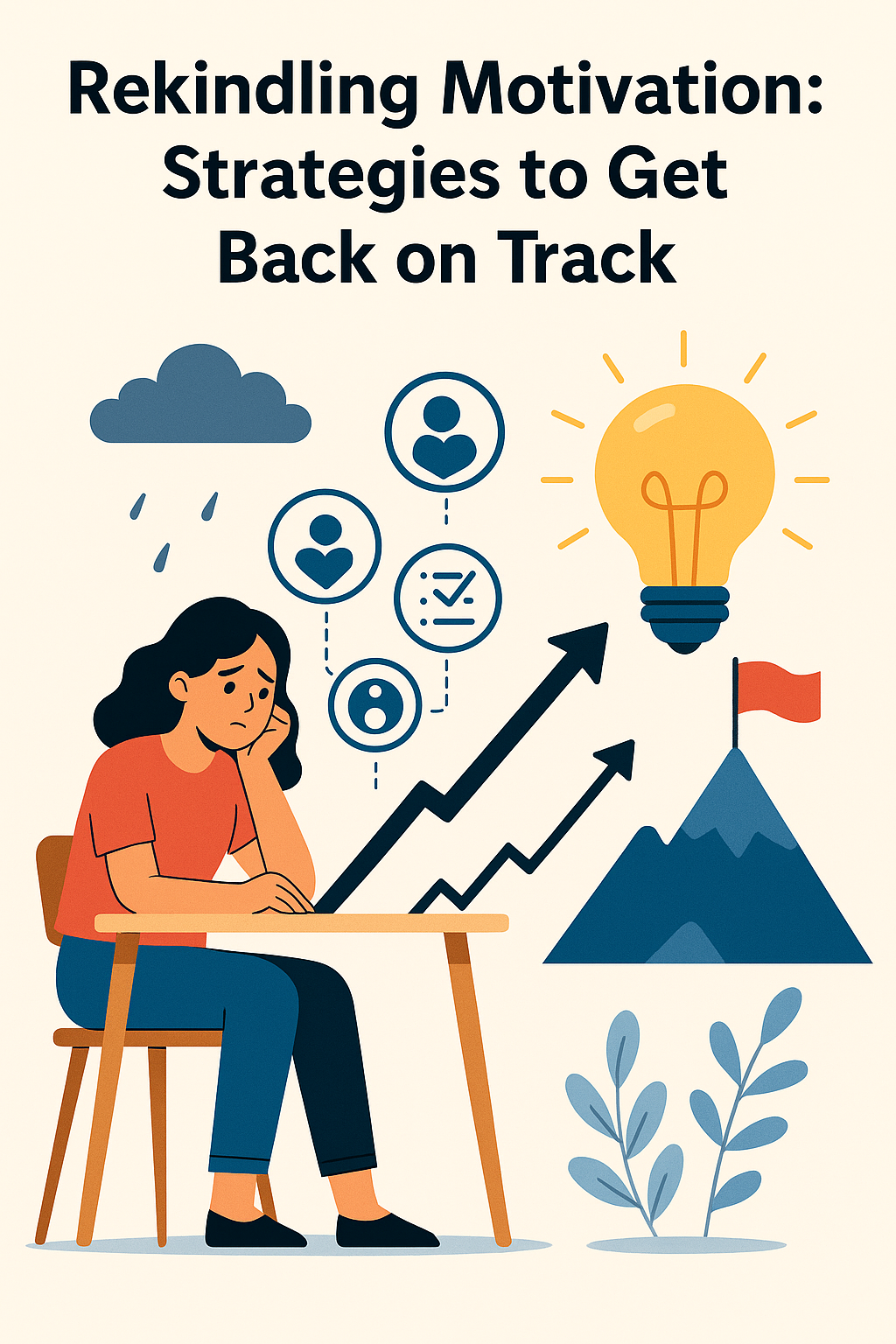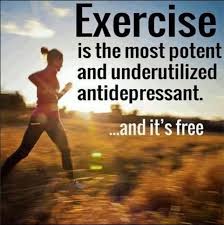(Fully updated for 2025 — UK data, science-backed targets, and real-world guidance)
🇬🇧 Your Quick Takeaways
Eating well isn’t just about calories or macros — your body runs on dozens of vitamins and minerals that keep everything working smoothly.
Here’s what the latest UK research shows matters most right now 👇
💡 The nutrients most people fall short on
- Vitamin D – especially in winter.
- Folate (B9) – particularly for women of childbearing age.
- Iron – low in many pre-menopausal women.
- Iodine – low for teenage girls and women avoiding dairy/fish.
- Magnesium – often low with processed diets.
💪 The ones most people already get enough of
Vitamin C, Vitamin E, Niacin, Riboflavin, Phosphorus, and Chloride.
🌸 Focus by life stage
If you’re 35+ or peri/menopausal:
- Prioritise Calcium, Vitamin D, and Magnesium for bone, muscle, and mood support.
- Keep an eye on Iron if you still have periods.
- Support energy and focus with B6, B9, and B12.
If you’re post-menopausal:
- Maintain Calcium & Vitamin D to protect bone density.
- Include Magnesium & Potassium for heart and muscle health.
- Choose colourful, nutrient-dense foods for long-term vitality.
If you’re male (statistically higher risk) but applies to both sexes:
- UK men typically consume more salt and alcohol, raising blood pressure and liver strain.
- Women after menopause can also become more salt-sensitive.
- Both men and women should watch salt and alcohol to protect heart health, hydration, and hormone balance.
If you’re vegan or vegetarian:
- Make sure you’re covering B12, Iron, Iodine, Zinc, and Selenium with fortified foods or supplements.
📏 Understanding Units
- µg (microgram) = one millionth of a gram (1,000 µg = 1 mg)
- mg (milligram) = one thousandth of a gram (1,000 mg = 1 g)
It doesn’t take much — even tiny amounts can make a big difference.
🧡 VITAMINS
💧 Vitamin A
Supports healthy vision, skin, and immune function.
RNI (UK equivalent of RDA): 700 µg (men), 600 µg (women)
Too little: Night blindness, dry skin, infection risk.
Too much: Bone weakness, liver strain. UK guidance: avoid averaging more than 1,500 µg/day, and do not eat liver more than once a week. EFSA UL: 3,000 µg retinol/day.
Sources: Dairy, eggs, oily fish, orange and green veg.
Midlife focus: Keeps skin, eyes, and immunity strong — but avoid overdoing supplements.
⚡ Vitamin B1 (Thiamin)
Helps release energy from food and supports the nervous system.
RNI: 1.0 mg (men), 0.8 mg (women)
Too little: Fatigue, irritability, nerve problems.
Sources: Wholegrains, nuts, seeds, pork.
Practical note: Easily met with a balanced diet; deficiency is rare in the UK except in restrictive diets or heavy alcohol use.
🌾 Vitamin B2 (Riboflavin)
Keeps skin, eyes, and nerves healthy.
RNI: 1.3 mg (men), 1.1 mg (women)
Too little: Cracked lips, sore throat, eye irritation.
Sources: Dairy, eggs, fortified cereals.
UK note: Most adults meet this, though some young women may fall slightly short.
🔥 Vitamin B3 (Niacin)
Helps the body use energy and supports nerves and skin.
RNI: 16.5 mg (men), 13.2 mg (women)
Too little: Skin inflammation, fatigue, confusion.
Too much: High-dose supplements can damage the liver.
Sources: Meat, fish, eggs, grains.
Practical note: Food sources easily cover needs — high-dose “flushing” niacin is only for clinical use.
🧠 Vitamin B6
Supports metabolism, brain function, and red blood cell production.
RNI: 1.4 mg (men), 1.2 mg (women)
Too little: Low mood, confusion, anaemia.
Too much: Long-term over 10–12 mg/day can harm nerves. (EFSA 2023 updated safe upper limit to 12 mg/day.)
Sources: Poultry, fish, bananas, potatoes, fortified cereals.
Midlife focus: May help with mood and energy regulation.
💪 Vitamin B12
Vital for red blood cells, energy, and the nervous system.
RNI: 1.5 µg
UK average: Vegans, vegetarians, and older adults often fall short.
Too little: Fatigue, tingling, anaemia, memory issues.
Sources: Meat, fish, eggs, dairy, fortified foods.
Midlife focus: Absorption decreases with age — supplement if vegan or over 50.
Note: PPIs or antacids can reduce absorption; consider periodic B12 checks if on long-term medication.
🌱 Folate (Vitamin B9)
Supports cell growth, repair, and red blood cells.
RNI: 200 µg (400 µg if pregnant or trying).
UK average: About 80–85% of women of childbearing age have suboptimal folate for preventing birth defects (low red-cell folate).
Too little: Anaemia, fatigue, risk of birth defects.
Too much: Very high folic acid (e.g. >1 mg) can hide B12 deficiency.
Sources: Leafy greens, lentils, citrus fruits, fortified cereals.
Midlife focus: Supports cell repair, heart health, and hormone balance.
🍊 Vitamin C
Boosts immunity, supports collagen, and helps absorb iron.
RNI: 40 mg
Too little: Fatigue, bleeding gums, poor healing.
Too much: High doses (1,000 mg+) can upset the stomach.
Sources: Citrus fruit, peppers, berries, potatoes.
Midlife focus: Great for skin, recovery, and immune support.
UK note: Most people exceed this comfortably.
☀️ Vitamin D
Supports bone health, immunity, and muscle strength.
RNI: 10 µg daily (400 IU).
UK average: Around 5 µg; nearly 1 in 3 adults are deficient in winter (NDNS data).
Too little: Bone pain, weak muscles, fatigue.
Too much: High-dose supplements can harm kidneys.
Sources: Sunlight, oily fish, fortified foods, eggs.
Midlife focus: Essential for bone health, especially peri- and post-menopause.
Practical note: Everyone is advised to take a daily 10 µg supplement in autumn/winter (year-round if limited sun).
🌻 Vitamin E
Antioxidant that protects cells and immunity.
RNI: 4 mg (men), 3 mg (women)
Too little: Rare, may affect nerves or muscles.
Too much: High-dose supplements can affect blood clotting.
Sources: Nuts, seeds, vegetable oils.
UK note: Most adults meet requirements through food.
🥬 Vitamin K
Supports blood clotting and bone health.
RNI guideline: About 1 µg per kg body weight.
Too little: Easy bruising, bleeding issues.
Sources: Leafy greens, vegetable oils, cereals.
Midlife focus: Supports bone health.
Note: People on warfarin should keep vitamin K intake consistent.
⚙️ MINERALS
🦴 Calcium
Builds strong bones and supports muscles.
RNI: 700 mg
UK average: Around 9% of women have low intake.
Too little: Weak bones, osteoporosis.
Too much: Very high doses can affect kidneys.
Sources: Dairy, fortified plant milks, leafy greens, tofu.
Midlife focus: Crucial for bone strength during and after menopause — aim closer to 1,000 mg/day with Vitamin D.
⚙️ Magnesium
Helps with muscle, nerve, and energy function.
RNI: 300 mg (men), 270 mg (women)
UK average: Often low, especially in women.
Too little: Cramps, fatigue, poor sleep.
Too much: Diarrhoea from high supplements.
Sources: Nuts, seeds, wholegrains, spinach.
Midlife focus: Helps mood, sleep, and stress resilience.
Note: Aim for around 300–350 mg/day; deficiency is mild but common in processed diets.
🩸 Iron
Carries oxygen in red blood cells.
RNI: 14.8 mg (women under 50), 8.7 mg (men & post-menopause).
UK average: Around 25% of women under 50 are low; about 5% show anaemia.
Too little: Tiredness, pale skin, breathlessness.
Too much: Can upset digestion or harm organs (supplement only when needed).
Sources: Red meat, beans, fortified cereals.
Midlife focus: Pre-menopause: essential; post-menopause: less needed but check stores.
Tip: Pair iron-rich foods with Vitamin C for better absorption.
🧬 Zinc
Supports skin, immunity, and healing.
RNI: 9.5 mg (men), 7 mg (women)
Too little: Hair loss, weak immunity.
Too much: Can interfere with copper absorption (avoid >25 mg/day long-term).
Sources: Meat, shellfish, dairy, cereals.
🦋 Iodine
Supports thyroid function and metabolism.
RNI: 140 µg
UK average: Below recommended for many women, especially teenagers and those avoiding dairy/fish.
Too little: Fatigue, thyroid issues, weight changes.
Too much: Can also affect thyroid balance.
Sources: Dairy, fish, eggs.
Midlife focus: Helps balance metabolism and energy as hormones shift.
Note: Vegans often require fortified foods or an iodine supplement (avoid kelp — too variable).
💫 Selenium
Supports immunity, thyroid health, and fertility.
RNI: 75 µg (men), 60 µg (women)
Too little: Muscle weakness, low energy, fertility issues.
Too much: Hair loss, brittle nails.
Sources: Brazil nuts, fish, meat, eggs.
UK note: Soil levels are lower in Europe than in the US — a few Brazil nuts weekly or fish helps.
🍌 Potassium
Helps balance fluids and maintain heart rhythm.
RNI / Reference intake: 3,500 mg
Too little: Muscle weakness, irregular heartbeat.
Too much: Risky if kidney function is low.
Sources: Bananas, potatoes, beans, leafy veg.
Midlife focus: Helps manage blood pressure — especially as salt sensitivity increases with age.
🧂 Sodium (Salt)
Helps control fluid balance and nerve signals.
Limit: Less than 6 g salt/day (~2.4 g sodium).
UK average: Most people exceed this.
Too little: Rare.
Too much: High blood pressure, heart strain.
Sources: Table salt, processed foods.
Midlife focus: Both men and women should be mindful — especially as salt sensitivity rises with age.
⚖️ Phosphorus
Supports bones and energy release.
RNI: 550 mg
Too little: Rare, but can weaken bones.
Sources: Meat, dairy, nuts, fish.
UK note: Usually met with protein-rich diets.
🌬️ Chloride
Supports digestion and hydration.
RNI: Met through salt intake.
Too little: Very rare.
Too much: Linked with high-salt diets.
Sources: Table salt and processed foods.




